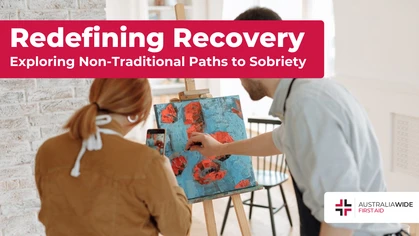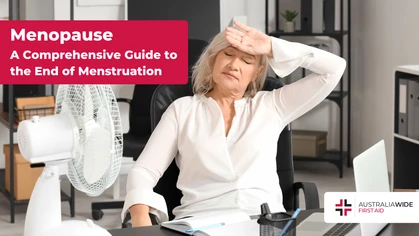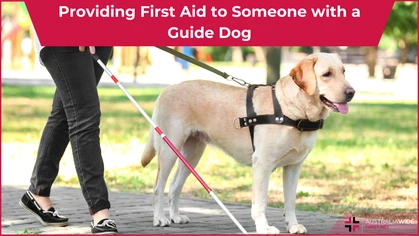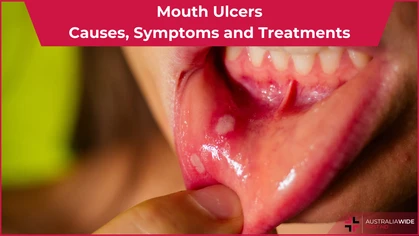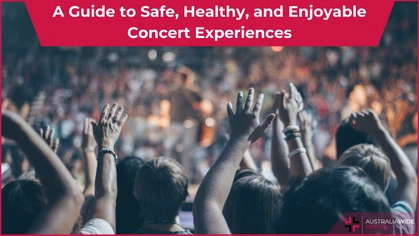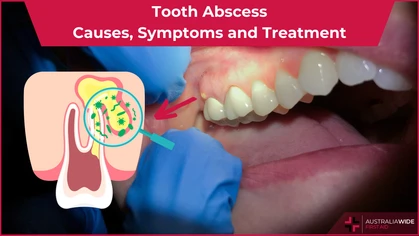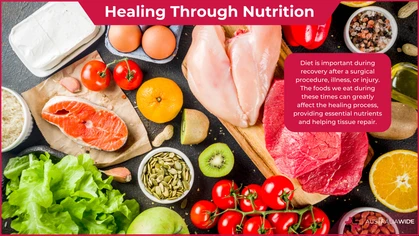5 Safety Tips for Springtime in Australia

General Health-Related

Beware of conditions that could arise from pollen exposure
Spring season in Australia means warmer and milder weather that’s perfect for outdoor activities. Many flower-bearing plants also come into bloom, heralding flower festivals all over Australia, such as the month-long Floriade Flower Festival in Canberra and the King’s Park Festival in Perth, to name just a couple. Springtime in Australia also means being exposed to elements that could prove problematic or even hazardous to your health. Read our top 5 safety tips to enjoy the wonderful weather while keeping yourself safe and healthy when Spring is in the air.Pollen problems
With the blooming of many flowering plants in Spring, the amount of pollen in the air is hard to avoid. A notorious airborne allergen, pollen can quickly trigger allergy symptoms. These allergy symptoms include watery eyes, runny nose, itchy throat and constant sneezing. The allergic reactions can escalate to more serious and potentially life-threatening conditions in some people, such as asthma and anaphylactic shock. Symptoms related to these conditions include shortness of breath, chest discomfort, wheezing, coughing, or swelling in the throat, tongue, and lips. In such cases, emergency medical attention should be sought and first aid care should be administered without delay. If you’re particularly sensitive to pollen, then wear a medical mask and a pair of sunglasses to protect your nose, mouth, and eyes from pollen exposure. You should also stay indoors if you don’t really need to venture out. Additionally, consider getting a HEPA air filter to remove outdoor allergens that may have contaminated your indoor air. You should also learn how to properly address asthma and anaphylaxis emergencies. We also have an article on hayfever. First aid training will teach you important skills when dealing with pollen-induced allergic reactions. This training includes information on which medicines and tools you need to pack for your personal asthma- and anaphylaxis-ready first aid kit, as well as how to administer medications to yourself or another person.
A glass of cold water on white wooden table on the beach. Stay hydrate this summer.
Stay hydrated
Coming out of cooler weather and into the new season can easily mean staying hydrated is forgotten. When you're out and about in the warmer Spring weather, you should always remember to carry a water bottle with you — one you can sip from and easily refill as you go about your activities. Dehydration can result in some very serious health conditions, such as heat stroke, seizures, problems involving the urinary system, and more.Beware the sun
Sunblock is as important for Springtime as it is during Summer. People are naturally drawn to the outdoors during this time of the year, but with the warmer weather and clear skies, even though it’s not yet Summer, UV rays are in abundance. Prolonged exposure to UV rays results in painful sunburn, as well as increasing the risk of skin cancer. Slather on that sunscreen and slap on that hat! Your skin needs all the protection it can get.Beware the snakes
Spring is the season when snakes come out of hiding to hunt for food, as well as breed. Springtime marks the end of their brumation period — the reptilian version of hibernation. The chance of you encountering a snake is on the increase. Wear tough, high leather boots to help protect against snakebite when you're outdoors, especially walking through bushy areas. It's also a good idea to keep the lawns mowed and make wood piles and garden sheds less inviting to snakes. Should a snakebite occur, don’t hesitate to call for an ambulance while administering appropriate first aid, such as applying a pressure-immobilisation bandage. This bandaging method will help slow the spread of venom in the body, potentially preventing the person's condition deteriorating before an antivenom can be administered.Take a break
Get in the habit of taking frequent breaks when driving long distances. Drowsiness while driving can be influenced by warmer conditions and sometimes falling asleep at the wheel, in what has been termed a 'microsleep', is noticed only in retrospect. Taking breaks will refresh you and help keep you alert. While you're driving, watch out for animals. Our native faunae, such as kangaroos, are quick on their feet and can cross the road at unexpected moments. Accidents can happen when there's little time to react. Slow down the moment you see even a single animal on the side of the road. In this way, your reaction time will be more aligned with the speed your vehicle is travelling.Stay safe this Spring
Australia's Springtime is a wonderful time of the year. Enjoy it to the max by heeding the safety tips listed above.
Originally published at
https://www.australiawidefirstaid.com.au/resources/top-5-springtime-safety-tips-for-australians
as part of the Australia Wide First Aid Articles Library
